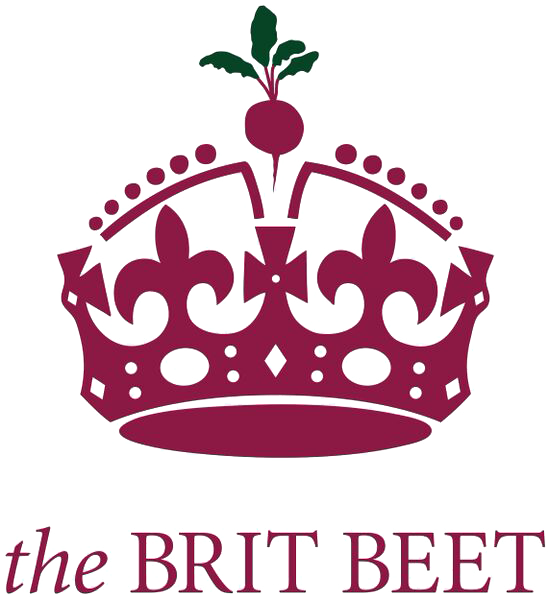Photo by AlexRaths/iStock / Getty Images
There's nothing better than firing up the 'cue' once summer hits. Those irresistible aromas and 'fresh off the grill' tastes are hard to beat.
However, research shows that whilst we are busy barbecuing up a feast for our family and friends, we may unknowingly be increasing our risk of many forms of cancer.
How does this happen?
High-heat grilling can convert proteins in red meat, pork, poultry, and fish into heterocyclic amines (HCAs), chemicals that have potential cancer-causing effects. (1)
When fat and juices from meat products drip down to the heat surface on a grill, smoke is produced. This smoke contains potential cancer-causing chemicals called polycyclic aromatic hydrocarbons (PAHs). As smoke rises up past the food, the carcinogens can be deposited on the surface of the meat. (2)
What steps can we take to protect ourselves from these cancer-causing chemicals?
Shop right: Choose lean cuts of meat and fish that help reduce fatty flare-ups that increase the cancer-causing chemicals, polycyclic aromatic hydrocarbons, PAHs
Make your own: Studies show that marinating meats in homemade marinades that contain certain herbs and spices, can reduce the formation of HCAs up to 88%. (3) One of the most protective spices to add in is turmeric which has been shown to have powerful anti cancerous effects. (4) Also adding garlic to a marinade have been shown to reduce carcinogen production by up to 70% An ideal marinade recipe should contain one part lemon juice, and two parts of both onion and garlic. (5)
Stay away from store bought marinades: Dousing your red meat, fish and poultry in a standard barbecue sauce containing tomato solids and sugar can DOUBLE or TRIPLE the chemical formation after 15 minutes of cooking.(6)
Pre-cook: The American Institute for Cancer Research recommends pre-cooking your red meat, poultry and fish. This way you reduce fat drippings that cause those nasty polycyclic aromatic hydrocarbons (PAHs) smokey flare-ups.
Reduce the temperature and time: All meats and fish when cooked above 300ºF (this also applies to pan frying) OR that are cooked for a long time, tend to form more HCAs. For example, well done, grilled, or barbecued chicken and steak all have higher concentrations of HCAs. (7)
Skip the char: If it's burnt, don't eat it! Cutting away the 'char' (aka carbon) from your meat, fish or poultry can significantly minimize your heterocyclic amines (HCAs) and polycyclic aromatic hydrocarbons (PAHs). (8)
So next time you feel like firing up the grill, follow these simple steps for a healthier and equally delicious BBQ meal.
Sources
(1) http://www.aicr.org/enews/2013/may-2013/grilling-flavor-cancer-prevention.html
(2) http://www.aicr.org/enews/2016/05-may/enews-get-fired-up-for-grilling-season.html
(3) https://www.ncbi.nlm.nih.gov/pubmed/19241593
(4) http://www.cancerresearchuk.org/about-cancer/cancer-in-general/treatment/complementary-alternative-therapies/individual-therapies/turmeric?_ga=2.105164099.1588864.1499266296-1870586062.149926629
(5) Gibis M. Effect of oil marinades with garlic, onion, and lemon juice on the formation of heterocyclic aromatic amines in fried beef patties. J Agric Food Chem. 2007;55(25):10240-10247.
(6) Nerurkar PV, Le Marchand L, Cooney RV. Effects of marinating with Asian marinades or western barbecue sauce on PhIP and MeIQx formation in barbecued beef. Nutr Cancer. 1999;34(2):147-152.
(7) https://www.cancer.gov/about-cancer/causes-prevention/risk/diet/cooked-meats-fact-sheet
(8) Knize MG, Felton JS. Formation and human risk of carcinogenic heterocyclic amines formed from natural precursors in meat. Nutrition Reviews 2005; 63(5):158–165.

